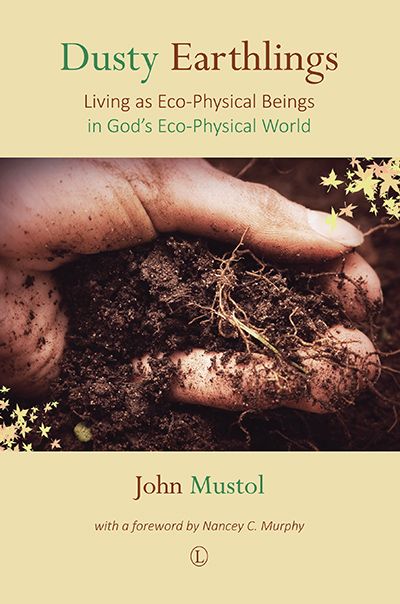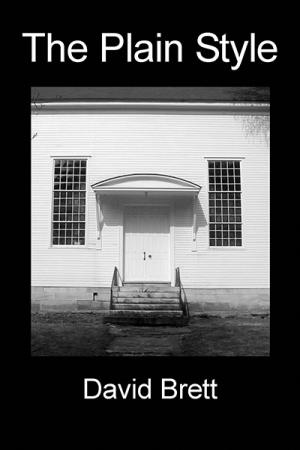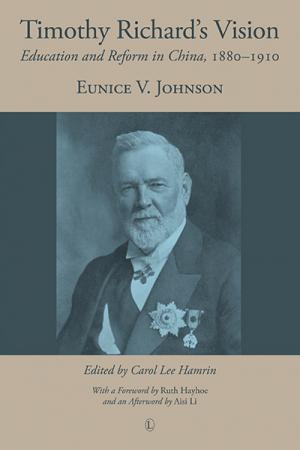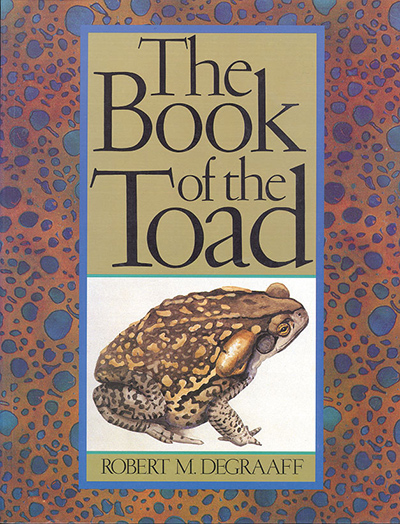Description
“The Lord God formed a man from the dust of the ground …” (Genesis 2:7). Made of dust, we humans are thoroughly physical beings. We are dusty earthlings. As such, we are also ecological beings, or rather eco-physical beings, firmly embedded in and dependent upon God’s earthly ecosystems which support and provide for us and constitute our earthly home.
Today we are living in ways that are damaging our home. As Christian dusty earthlings, we are called to oversee God’s earthly creation and to follow Jesus Christ – God incarnated as a dusty earthling. How do we do this in the face of the array of ecological problems we face today? How can we obey the ecological principles and limits that govern all of life on God’s good earth? Mustol argues that the virtues of humility, voluntary self-limitation, and the principles of kenosis and justice will help as we seek to follow Jesus as dusty earthlings in today’s world.
About the Author
John Mustol is a retired physician and PhD candidate at Fuller Theological Seminary. He is currently an adjunct faculty member at Bethel San Diego.
Contents
Foreword by Nancey C. Murphy
Preface
Acknowledgments
1. Introduction: Humans as Dusty Earthlings
2. Our Separation from Creation
3. Human Nature according to Science
4. The Bible I: God and Humans
5. The Bible II: The Image of God, the Dominion Mandate, and Other Issues
6. Ecology for Dusty Earthlings
7. Ethics for Dusty Earthlings: Living in God’s Eco-Physical World
8. Conclusion
Glossary
Bibliography
General Index
Endorsements and Reviews
Christianity implies two great truths about humans: we are unique within creation and we are embedded members of it. Human dignity has been grounded in the first; human survival may now hinge on embracing the second. Dusty Earthlings is a prophetic call for precisely such a paradigm shift in our self-understanding – one that is faithful to the Scriptures, resonant with science, and crucial to a viable future.
Glen G. Scorgie, Professor of Theology, Bethel Seminary
Mustol has unfolded, with a physician’s insight, the richness – and crucial import for our time – of the Biblical teaching that we share our dusty, creaturely status with the whole earth. At the same time, he expounds brilliantly on what it means to be made in the image of God. I will not teach another class on earthkeeping without requiring or recommending this splendid book. It is thorough, careful, brilliantly researched, readable, and very wise.
Loren Wilkinson, Professor of Interdisciplinary Studies, Regent College






